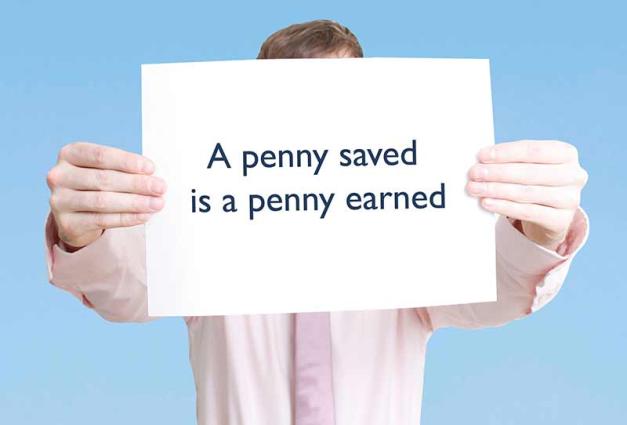Why do people protect the environment? There are many ways to do so, but they all carry personal costs in terms of time, energy, or money. Many people desire to protect the planet, but why does this desire persist, despite it being so costly to act on this desire? Our research suggests one important benefit: being seen to protect the environment.
We proposed that pro-environmental actions carry information about the actor. Everyone benefits from a clean environment, whether it is clean air, clean water, or sustainable use of resources. When one person protects the environment, everyone in it benefits. Therefore, pro-environmental actions can function as signals (probably unconscious ones) that a person cares about others—specifically everyone who benefits from that environment. This is useful information when others decide whom to trust, befriend, hire, or date: they know that the environmentalist will likely care, and therefore cooperate.
Pro-Environmental People Really Are More Cooperative
We conducted two online crowdsourced studies using an experimental game in which participants received a pile of money, and had to decide how much to share with their partner. Their partner received a similar pile of money and was making the same sharing decision. The experimenter doubled any money that was shared, so that both could walk away with twice as much money if they both acted cooperatively by sharing everything. However, partners were not obligated to share, and decisions were made separately and simultaneously, so participants risked walking out with zero if they gave away money when their partner didn’t.
In both studies, people who reported engaging in more pro-environmental behaviors tended to give more money to their partners. In other words, environmentalists were more generous partners, which supports the basic idea that people’s environmentalism could provide information about their cooperativeness.
Do People Advertise Their Environmentalism To Attract Others’ Trust?
In two other studies, people could donate money to an environmental charity. Indeed, people did use environmentalism as a signal: they donated more money to the environment when their decisions were known to an observer with whom they’d soon play the cooperative game described above. Furthermore, they donated the most money to the environment when they were competing to be chosen by an observer to play the game. In other words, they competed to be more environmental than others!
Participants benefited from their pro-environmental donations: they were chosen more often to play the game than the less environmental people were, and their partners cooperated more often with them in the game. So, it really does pay to be “seen to be green”!
This signaling sounds devious, but instead it was honest: people who donated more to the environment also donated more money to their partners in the game they actually played afterwards. This means that observers benefited from trusting environmentalists and choosing them as partners. This was no small effect—participants’ donations to the environment were a strong predictor of how cooperative they were. So, if you want a cooperative partner, you might consider using a person’s environmentalism to predict how cooperative they will be.
Is There Anything Special About Environmentalism?
We doubt it—environmentalism is just one way of cooperating with others. You can assess someone’s cooperativeness from other cues, such as other kinds of generosity (and some of our previous research shows the same effects with more general generosity). Protecting the environment is just one highly visible way of being prosocial—arguably benefiting many people at the same time.
Environmentalism is politically polarized in North America, and is currently associated with liberals. We don’t know if our results would generalize to all groups, though we do note that some of our studies used an ideologically diverse online sample that was recruited from the community. We suspect that conservative groups would signal their environmentalism and value environmentalists, if it were an environment that conservatives cared about, like conserving wetlands for duck hunting or protecting ranches from industrial contamination. After all, it was Republican president Richard Nixon who created the Environmental Protection Agency to prevent toxic pollution. Thus, there is good reason to believe that our results will generalize to many kinds of people.
Altogether, our research suggests a way to motivate pro-environmental action: make it public, and make it clear that others benefit from a good environment. Then, and only then, can pro-environmentalism signal a person’s concern for others and allow environmentalists to benefit from a good reputation. And if environmental actions bring benefits, more people will do them, leading to even more benefits down the road.
For Further Reading
Barclay, P., & Barker, J.L. (2020). Greener than thou: People who protect the environment are more cooperative, compete to be environmental, and benefit from reputation. Journal of Environmental Psychology, 72, 101441. https://doi.org/10.1016/j.jenvp.2020.101441 [This article is Open Access.]
Barclay, P. (2013). Strategies for cooperation in biological markets, especially for humans. Evolution & Human Behavior, 34(3), 164-175. https://doi.org/10.1016/j.evolhumbehav.2013.02.002
Pat Barclay is a Professor of Psychology at the University of Guelph, where he teaches about cooperation, evolution, risk-taking, and critical thinking.




